The northern Wisconsin town of Stella demands action on PFAS
Residents of a rural lake community in Oneida County are advised to limit consumption of fish and deer due to PFAS contamination and are seeking support — as well as more information — from the state.
By Murv Seymour | Here & Now
October 24, 2025 • Northern Region
Residents of a lake community with PFAS contamination are seeking support from the state.
Welcome to the small town of Stella.
“Stella is a farming community,” William Casey Crump said. “I think we’re 700 and some individuals out here.
It’s lakes, its wildlife, the people — they’re some of the reasons people move there.
“Everybody is a neighbor, and everybody knows everybody,” said Crump, who is the chairperson for the town of Stella, located in Oneida County near Rhinelander. It’s a very caring community.”
It’s part of why locals never leave.
“When somebody needs something out here, everybody shows up,” Crump added.
On the night of October 1, 2025, people showed up at the Stella Town Hall, filling the parking lot and roadside.
“Obviously, it’s a good turn out,” Crump said. “We’re all here for the same reason.”
Inside, they filled nearly every seat as they stood together listening because they need answers from town, state and federal officials about their precious lakes and wildlife that are contaminated with manmade chemicals known as PFAS.
“They’re here to help us, said Crump, who. has lived in Stella for almost 25 years.
“I love the community. I love people,” he added.”These are neighbors, they’re friends.”
As the organizer, Crump put this information session together to provide his community and himself the first update in almost two years on fact and fiction into just how contaminated the water and ground are. Whose wells are affected? And what’s the impact on people, wildlife, crops, and property values?
Crump’s quest for answers is personal.
“It was personal before, but now it’s even more personal,” he said.
Like everyone else at the meeting.
“We have permanent residents that live around it — and we have vacationers that come up during the summer,” said Crump, who has plenty of questions.
“What does PFAS do to us when we have it in our body? And then also how can we find out if we do have it in our body?” he asked. “If my well has been tested positive and I’ve been drinking this well for 30 years, do I have it in my body? How can we find out about that?”
Because PFAS levels in some areas are more than three times the recommended levels, the town is in the early assessment phase to be designated a federal Superfund site. Superfund status would mean federal funds and an expedited cleanup process.
Behind the Stella Town Hall sits one of many U.S. Environmental Protection Agency and Wisconsin Department of Natural Resources groundwater testing sites. Water samples taken from various wells like these are part of the lengthy Superfund assessment process, which could take decades.
For now, the DNR tells people within five miles of Stella to limit their consumption of deer meat to one meal a month, and they’ve been told not to eat deer liver at all. They’re also advised not to eat any fish from almost a dozen different lakes in the area, which includes fish in all of the lakes that make up the heavily populated and popular Moen Lake Chain.
Nearby Snowden Lake is on the list, too. At the edge of the highway, 50 yards from shore, there’s a wooden gate that leads down towards the lake with a sign that warns people about the contaminated lake water and the risks of being exposed to it from swimming, fishing, or ingesting it.
“Do we have any idea are the levels staying the same or are they getting worse or getting better?,” asked an attendee at the meeting in the Stella Town Hall.
The panel took questions from people who have written them on index cards.
“The rumor is that there was some illegal dumping that caused this — is that true or not true?” asked retired nurse Jean Pederson, who lives on the First Lake portion of the Moen Lake Chain, pushing for the answers she needs.
“I just believe knowledge is power,” Pederson said.
The DNR confirms that owners of a paper mill — now owned by Ahlstrom Rhinelander LLC — are the primary PFAS polluters of this area. They’ve notified both companies and their previous owner — Wausau Paper Corp. — requiring them to fund and clean up the contamination.
In an email statement, an Ahlstrom spokesperson said the company has received the notification and is carefully reviewing it along with the site inspection report. The statement goes on to say: “We continue to actively engage as a partner with the DNR, EPA, and other agencies.”
Less than a mile from Pederson’s home, at Third Lake and the chain’s other lakes, all is pretty quiet on their shores and on the water aside from a few boaters fishing and cruising the waves.
One day after that community meeting, Pederson offered more thoughts at the Oneida County Courthouse in Rhinelander.
“We knew that it would be a matter of time before it was us,” she said.
Pederson candidly shared how she worries about how PFAS contamination will impact her health and, when the time comes, the potential resale value of her home.
“We had our well tested about 12 months ago — had never heard of PFAS at that time — but we had our test just in general and it came back fine. And we drink bottled water,” Pederson said. “I long for the day — I’m 80 now and when I was a child, we had water and milk delivered in glass bottles and we didn’t have this much cancer and problems when we used glass instead of plastic.”
According to the DNR, lengthy exposure to certain types of PFAS can lead to an increased risk of cancer, developmental delays, thyroid and heart issues, infertility, and low birth weights in infants. Residents are encouraged to use bottled water or treat water they consume.
“To help keep you informed, we’ve developed an online tool that connects you with information about PFOS in the land and water across Wisconsin,” states a DNR video. “First, visit dnr.wi.gov and search PFOS.”
The DNR has created an interactive online map where people can search and learn if they’re in one of the PFAS-contaminated zones in Wisconsin.
“Pan around the map to learn about PFOS in your area or search an address in the box above,” the agency’s video continued.
Users can zero in on specific addresses or at the neighborhood level to get details on testing and its results.
Meanwhile, Pederson and others have learned there are thousands of types of manmade PFAS in things like non-stick cookware, plastic wrappings, microwave popcorn bags, waterproof clothing, and foam commonly used in airport fire trucks.
“I have a spring on my land. What do I need to do to get it tested?” Crump asked.
At that community meeting, at times each answer leads to more questions.
“They spread this stuff on my fields for years and years and years. I lived on that field. I grow vegetables in my garden, which turned out really good this year,” Crump described. “But now I have concerns about consuming those vegetables, because we water with our well water. We planted them in the soil that our property sits on, and in addition to that, I lease out my land, and so corn is grown on that land. I think that corn goes to feed cattle and livestock. Are the cattle and the livestock now consuming that corn?”
State lawmakers weighed in on how to address this contamination during an Oct. 7 public hearing held by the Wisconsin Senate Committee on Natural Resources, Veteran and Military Affairs.
“What is the plan for when the $125 million dollars that has been sitting there — year one, year two, unspent — when it’s gone?,” asked state Sen. Jodi Habush Sinykin, D-Whitefish Bay.
In Madison, state lawmakers have set aside $125 million to help pay for cleaning up PFAS-contaminated sites across the state, a drop in the bucket of what will be needed.
“We need to get the perfect wording for that so it includes all the landowners that actually are innocent,” said state Rep. Jeffrey Mursau, R-Crivitz.
For now, the funds are on hold as lawmakers hash out language in bills — SB 127 and SB 128 — that protect the environment, and protect farmers, families, and business owners from liability, along with the anticipated astronomical costs of cleanup. Community groups representing municipalities and environmental groups from all over the state came to Stella to weigh in on the conversation
“You don’t have to treat the water to do your laundry, to wash your dishes, to flush your toilet — but you should be treating the water you’re using for food preparation and for drinking water.,” said Mark Pauli, a program manager with the DNR’s Northern District in Rhinelander.
In a case-by-case situation, the state is footing the bill to test and redrill some private wells. People are already drinking bottled water, and some are paying for testing their own wells, something Crump believes his small community might have to do if they want the water quality to get better before it gets worse.
“We’re willing to step up, we’re willing to do what we need to do,” he said, “but we still want answers.”
Editor’s note: Wisconsin Public Radio also reported on PFAS contamination in Stella in this story: “Sludge is used as fertilizer across Wisconsin. How much is tainted by PFAS?“
 Passport
Passport




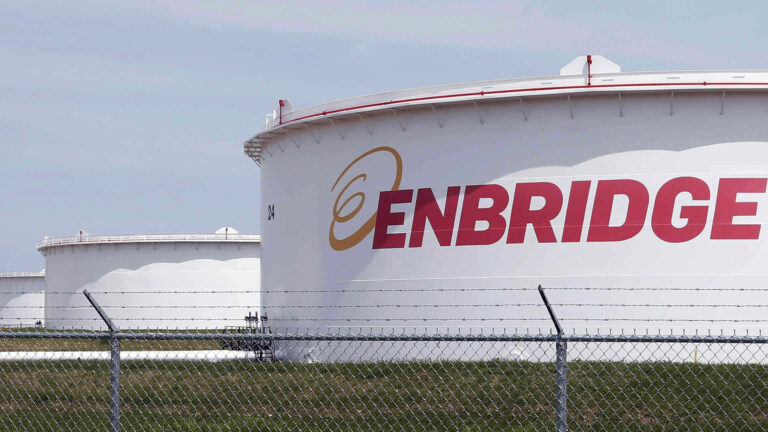
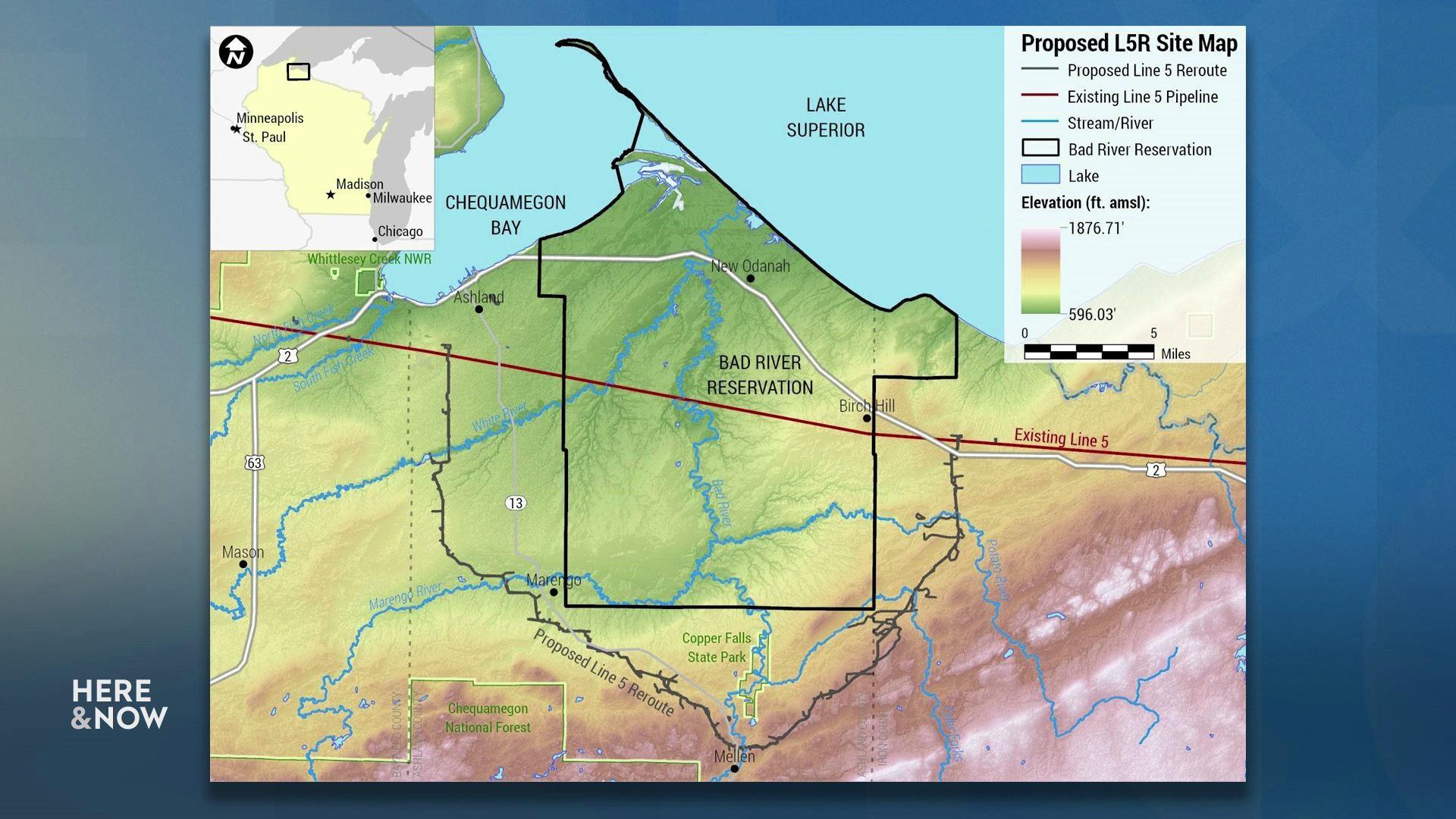

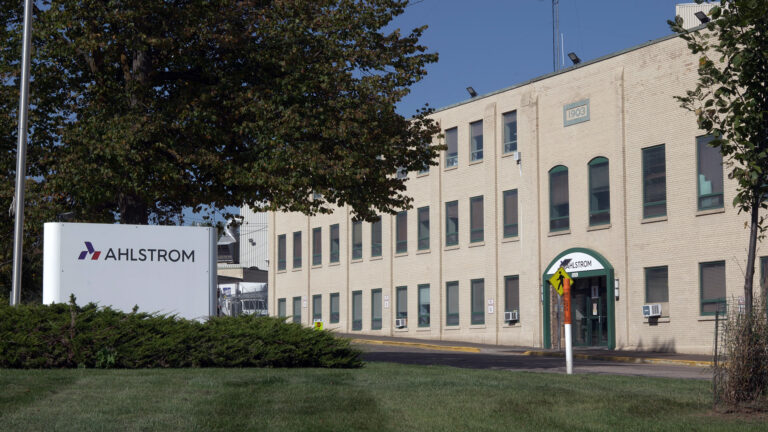
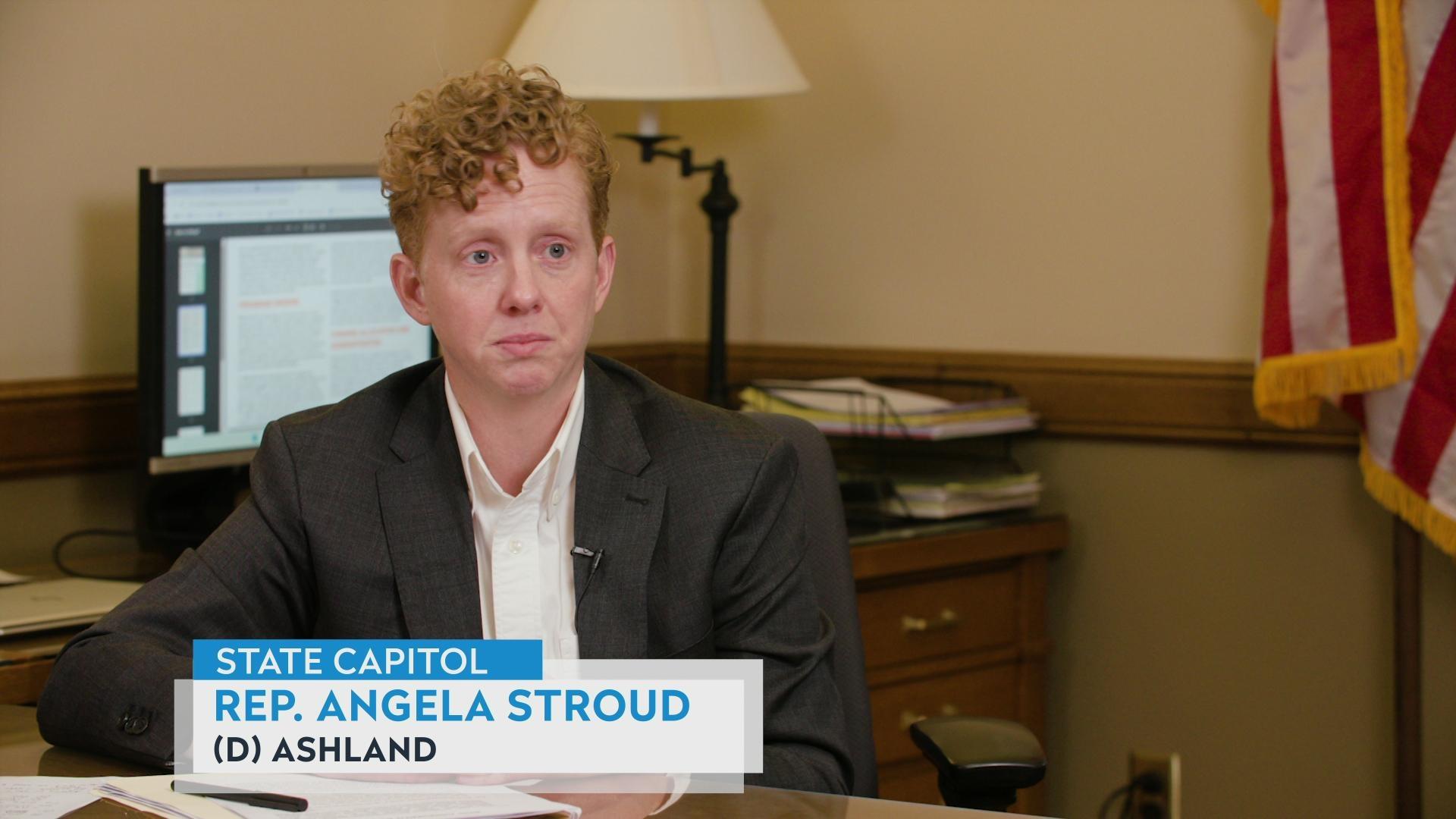
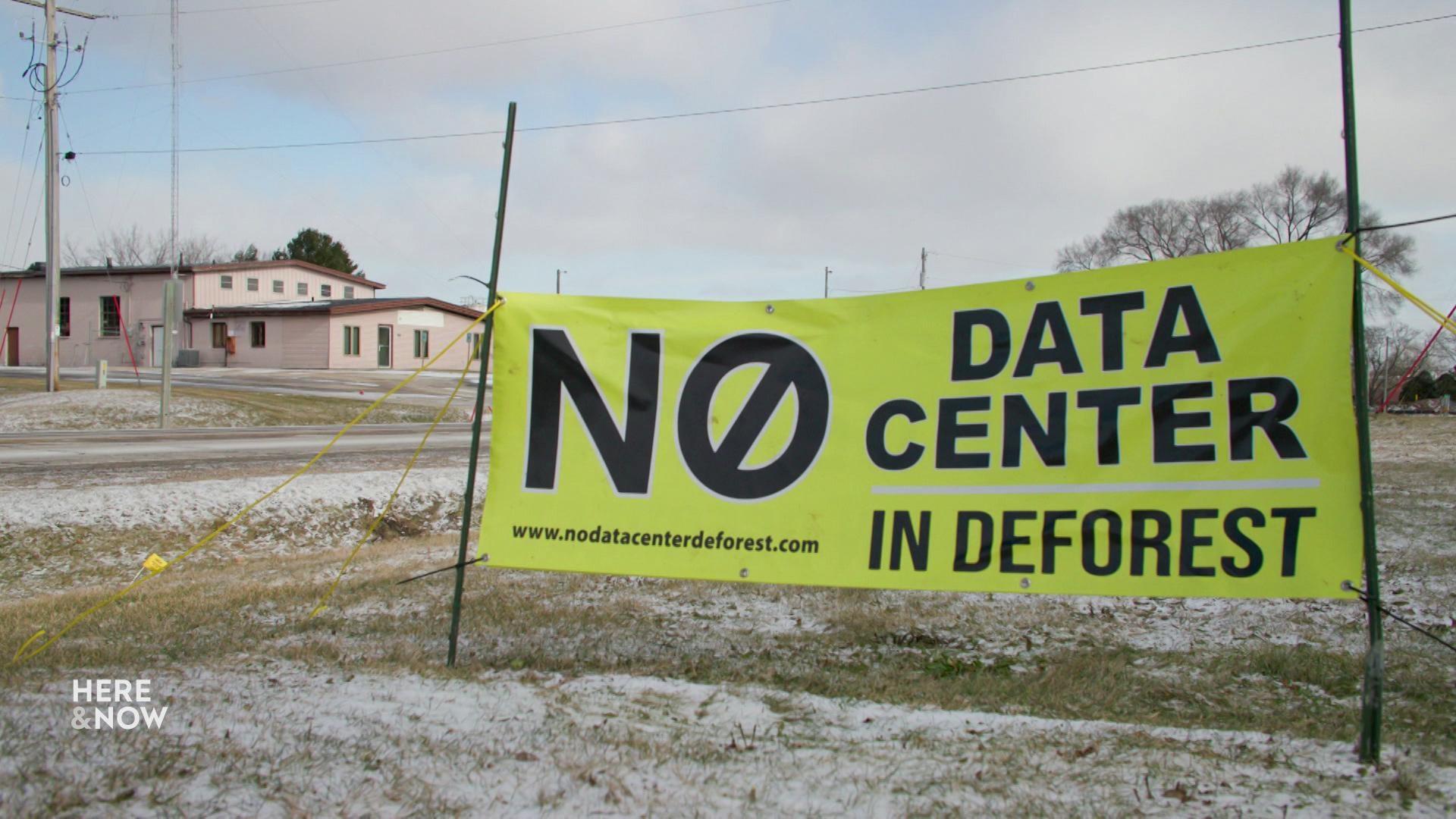

Follow Us